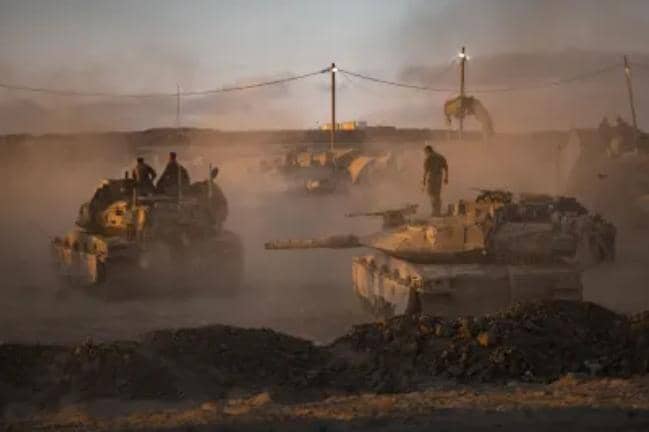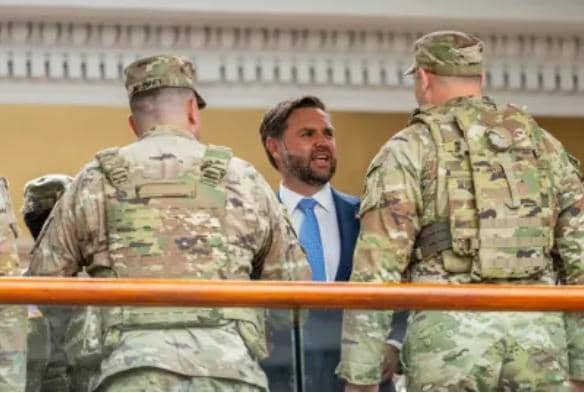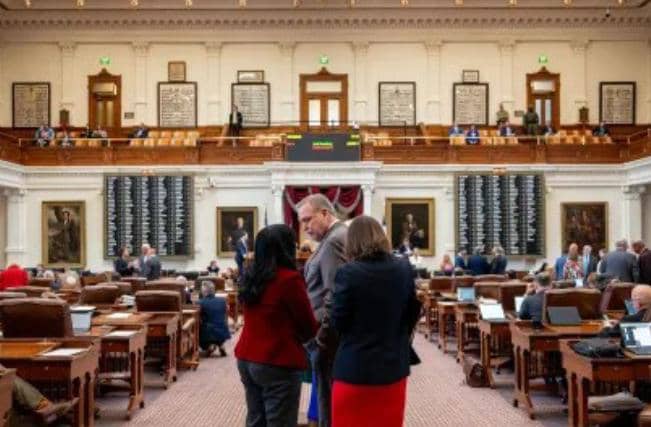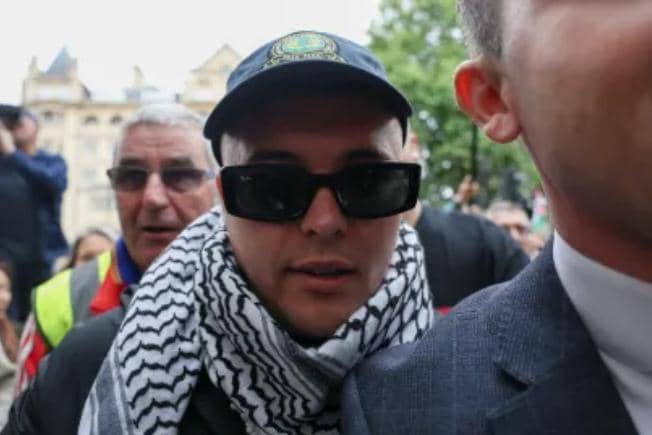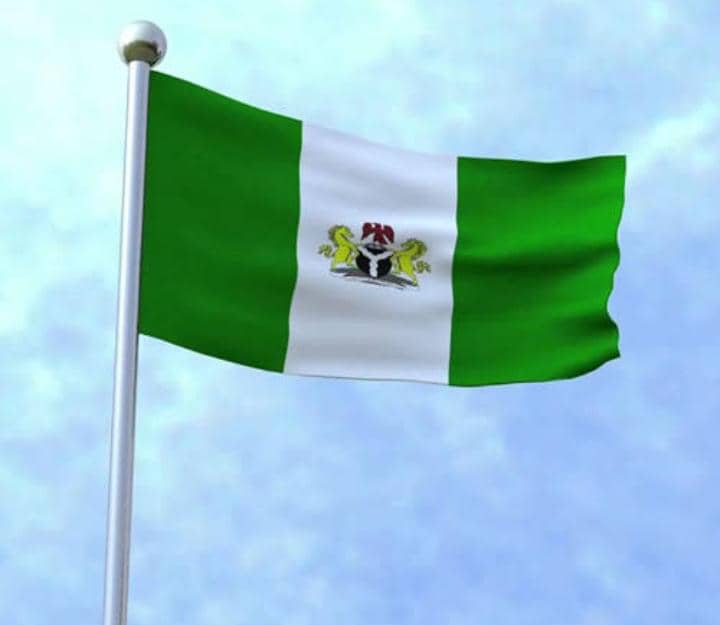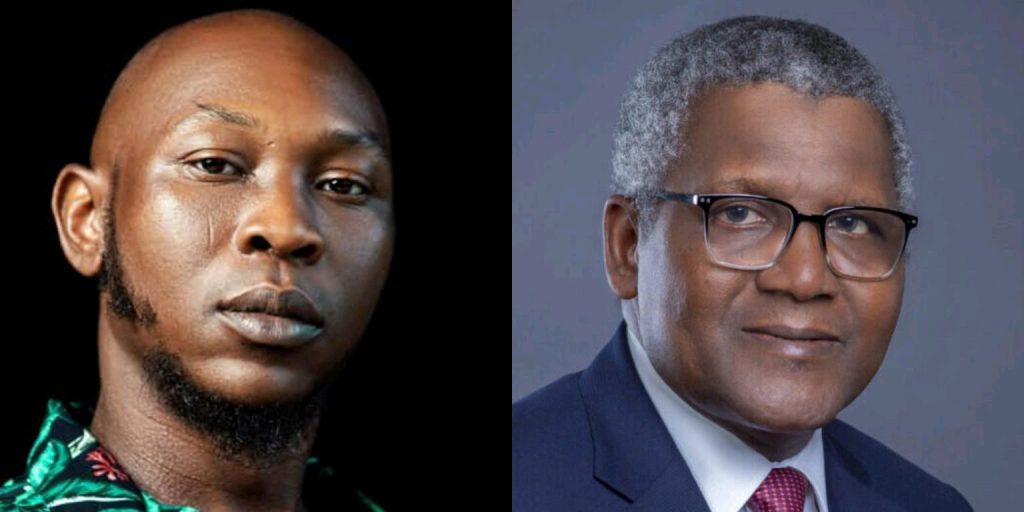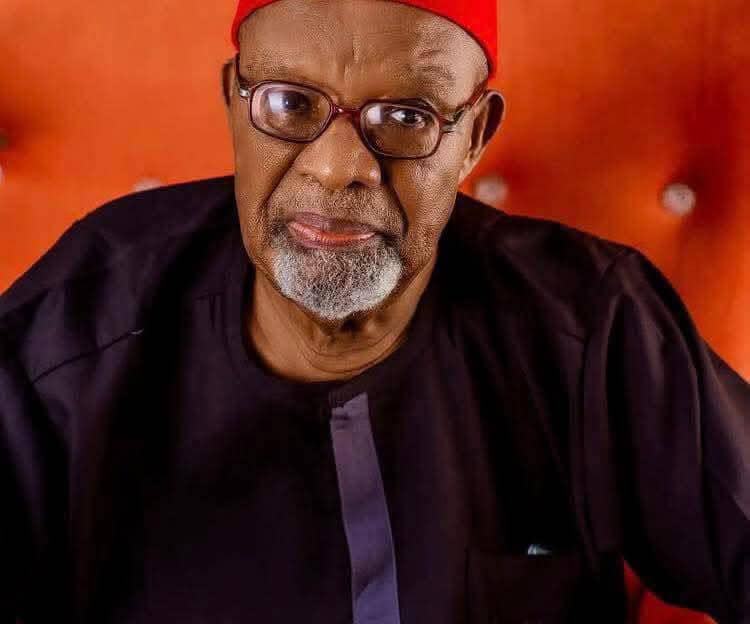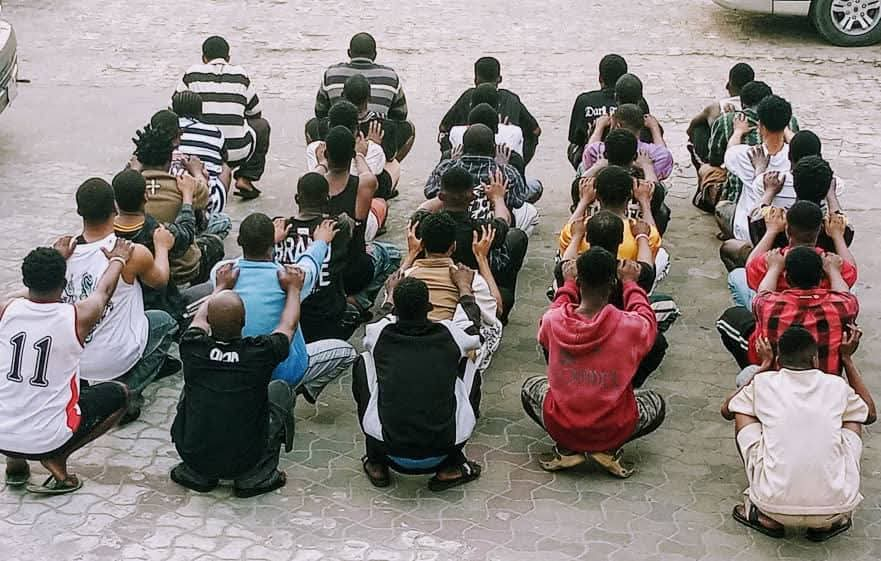Africa
Rights group seeks ex-dictator Babangida’s immediate prosecution
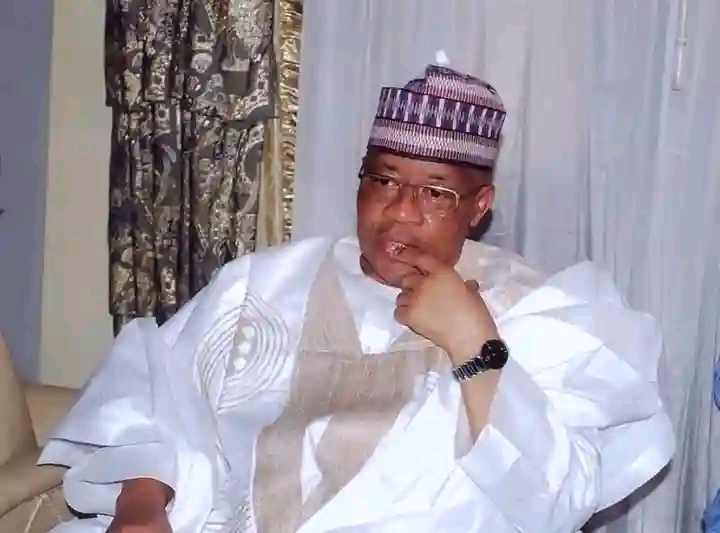
The Committee for the Defence of Human Rights (CDHR) has issued a stern call for the prosecution of former military ruler, General Ibrahim Badamasi Babangida (IBB).
The call follows his recent public admission of involvement in the annulment of the June 12, 1993, presidential election.
In a statement released on Saturday and signed by its President, Debo Adeniran, the CDHR described the annulment as a “coup d’état” against democracy and a grave injustice to the Nigerian people.
The June 12, 1993, election, widely regarded as the freest and fairest in Nigeria’s history, was won by Chief Moshood Kashimawo Olawale (MKO) Abiola.
However, the election results were abruptly annulled by the military regime led by General Babangida, plunging the nation into political turmoil and economic hardship.
The CDHR emphasized that the annulment was not only a denial of Abiola’s rightful victory but also a blatant assault on the democratic aspirations of millions of Nigerians.
In its statement, the CDHR condemned Babangida’s recent public confession, stating: “The Committee for the Defence of Human Rights (CDHR) received with heavy heart the recent admission of the infamous June 12 notorious fact by former military ruler, General Ibrahim Badamasi Babangida (Rtd).
“His belated public confessions regarding his role in the illegal annulment of the June 12, 1993, presidential election is an attempt to hoodwink the unwary Nigerians to believe that the mischievous dictator actually meant well by the brazen sociopolitical and moral assault he unleashed on them by the inglorious act.”
The organization further criticized the pre-election manipulations orchestrated by the Babangida regime, including the prevention of political associations from becoming parties, the creation of artificial political structures, and the imposition of ideological leanings on Nigerians.
Despite these irregularities, the CDHR acknowledged that the election itself was peaceful and credible, making its annulment even more egregious.
“Although we had viewed the June 12 election as being an unfair exercise, going by all the shenanigans that preceded the election.
“We insisted that despite widely regarded as the most peaceful and freest election in Nigeria’s history it was, like the military dictatorship that orchestrated it, not fair but could be tolerated.”
The CDHR highlighted the devastating consequences of the annulment, describing it as a “reckless, illegal, and unconstitutional action” that undermined democracy, destabilized the nation, and robbed millions of Nigerians of their fundamental right to elect their leader.
“This reckless, illegal and unconstitutional action remains one of the gravest injustices inflicted upon the Nigerian people, undermining democracy, destabilizing the nation, and robbing millions of Nigerians of their fundamental right to freely elect their leader.”
The organization also pointed out that Babangida’s actions led to severe human rights violations, including arbitrary arrests, political assassinations, and the suppression of press freedom.
“The annulment of the June 12 election led to severe human rights violations, including arbitrary arrests, political assassinations, and the suppression of press freedom.”
In light of these injustices, the CDHR called on President Bola Ahmed Tinubu to take immediate action:
“We call on the President of the Federal Republic of Nigeria, President Bola Ahmed Tinubu, to immediately order the prosecution of General Babangida for crimes against humanity and for orchestrating a coup d’état that subverted the democratic will of the Nigerian people.”
The CDHR also urged the Nigerian judiciary, anti-corruption agencies, and international human rights organizations to ensure that justice is served.
“We urge the Nigerian judiciary, relevant anti-corruption agencies, and international human rights organizations to take decisive action in ensuring that justice is served. The culture of impunity must end, and those responsible for Nigeria’s democratic setbacks must be held accountable.”
Furthermore, the organization recommended that the Nigerian government posthumously recognize MKO Abiola as a past president with full privileges and withdraw national honors from all beneficiaries of the annulment, including late Chief Ernest Shonekan and members of his Interim National Government.
“We recommend that the national honours conferred on them should be withdrawn and the benefits being paid to the families of the dead ones among them should also be withdrawn. All the physical belongings that they may have acquired during their illegal stay in office should also be confiscated.”
“Justice for June 12 is justice for democracy, and Nigeria must never allow such an egregious crime to go unpunished. The time for accountability is now,” CHDR concluded.
The June 12, 1993 election
The June 12, 1993, presidential election in Nigeria is celebrated as the freest and fairest in the nation’s history.
Chief Moshood Kashimawo Olawale (MKO) Abiola, a unifying figure, won the election, which cut across ethnic and religious divides.
However, the military regime of General Ibrahim Babangida annulled the results on June 23, 1993, citing vague reasons, sparking outrage and protests across the country.
The annulment plunged Nigeria into political turmoil, leading to years of instability, human rights abuses, and economic decline.



